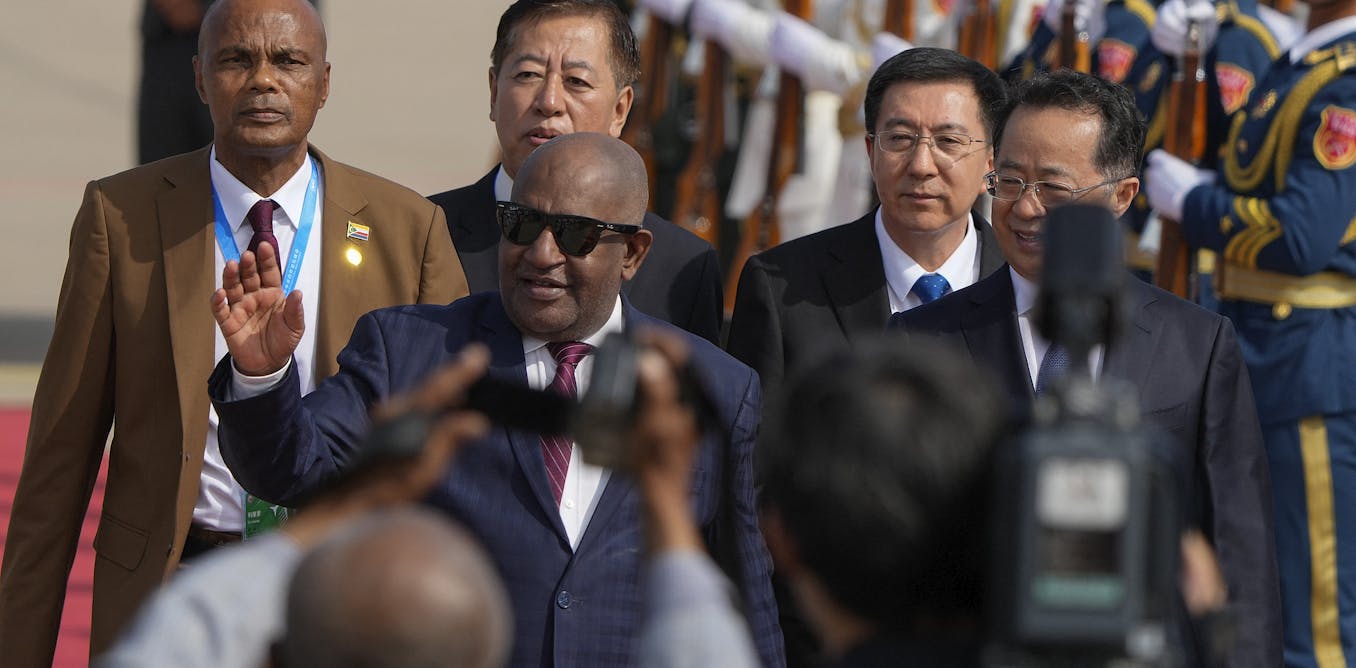The China-Africa cooperation forum [that takes place in Beijing at the beginning of Septmber] has become the most important event on the African international relations calendar. More African leaders attend these summits than the United Nations general assembly. Data shows that the forum attracts 40 to 60 African heads of state and government, far more than any other regular summit with a single country.
[…]
Although the EU, France, South Korea and the US are important to the African continent, they do not have the same ambition that China has. Nor the kind of free hand that China’s authoritarian system allows its leaders. The Forum on China-Africa Cooperation is therefore important for African leaders because it often leads to big promises which outweigh anything that can be promised by other partners in one sitting.
It has become clear, however, that the forum is a platform for China to dole out aid and loans to African countries, and to articulate priorities that serve its own broader ambitions. Africa’s voice is minimal in the agenda-setting, due mostly to the multiplicity of African states, African Union weakness and competing needs among African countries.
[…]
Unequal gains likely to persist
The result of a lack of an African strategy is the imbalanced terms of trade between China and African countries. This is seen most notably in the trade surplus that China enjoys: most recently measured at US$64.1 billion as of 2023 and still seemingly growing (having been at US$46 billion the previous year and US$42 billion in 2021).
Over the past ten years, the structure of that trade has not changed either, despite China’s pledge to help Africa industrialise.
African countries still largely export raw minerals and agricultural goods to China, while it sends back advanced manufactures, such as electronics, machinery and vehicles. Without an African strategy, the same pattern looks set to continue.



They have now, if and when they coordinate and cooperate between themselves, according to the researcher: